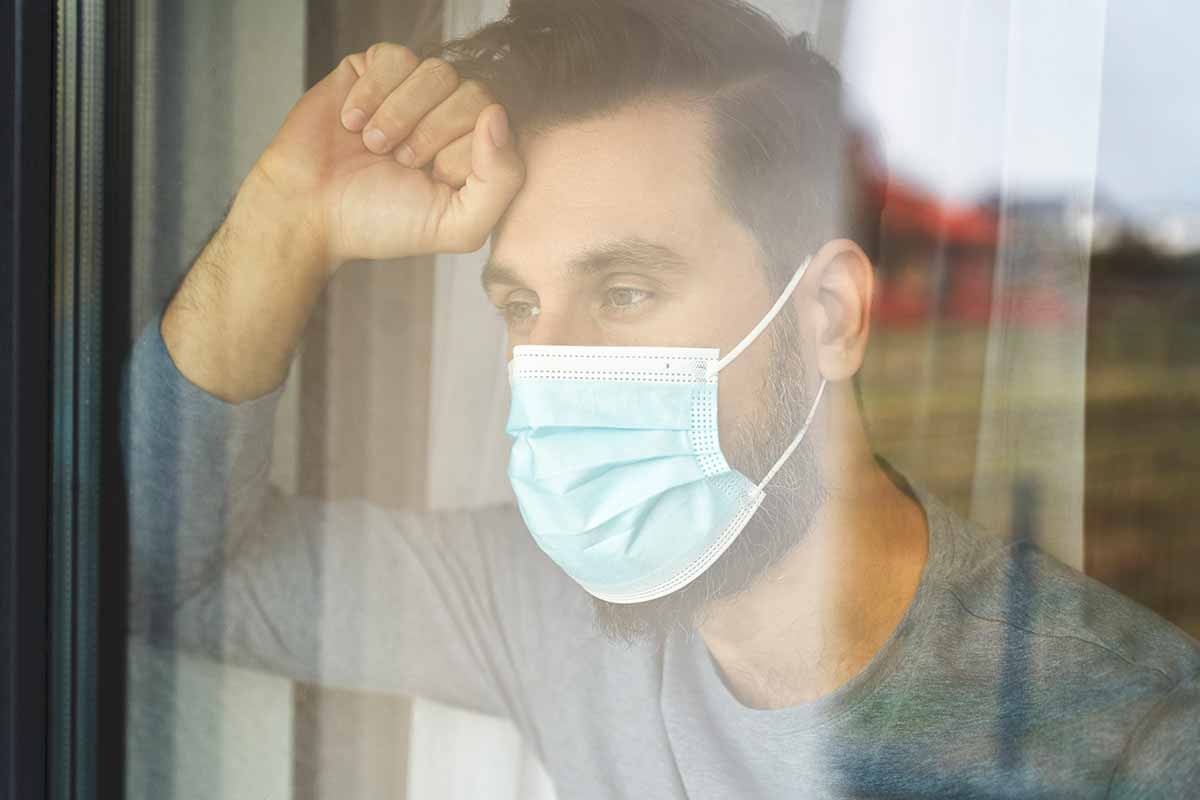If you are addicted to opioids or other substances and are beginning the road to recovery, it can be challenging to face your substance use issue head-on instead of hiding from it. Speaking to a stranger alone is not easy, and the thought of group therapy can keep others away from treatment. However, recovery groups can offer the support you need as you work to overcome addiction.
At Colorado Medication Assisted Recovery, we specialize in individual therapy and group therapy for addiction in a safe and encouraging environment. You are fighting a disease, and there is no shame in that. If you or someone you know needs help with substance abuse, please our team at 833.448.0127 and speak with one of our addiction treatment specialists today.
6 Key Benefits of Addiction Recovery Groups
Once you enroll in an addiction recovery group, it may take some time to feel comfortable sharing. However, once you begin to open up, you’ll find that these groups can help you heal.
1. Encouragement From Other Group Members
In one-on-one sessions, the only person encouraging you to interact is your therapist. While individual therapy sessions can be the right setting to work through deeply personal issues, in a group setting, you will be encouraged by everyone to share your story after hearing others in your group share theirs.
Hearing others speak up about their experiences will make it easier for you to follow suit.
2. Opening Yourself up to a New Perspective
You have a strong view of how you see the world and how others see you. However, by telling your story to your group, you hear how others react and give feedback. You will have an easier time trusting them because you know they are in the same boat. This beneficial technique helps you see through your disease and begin to heal.
3. A Sense of Belonging
The stigma of addiction still keeps many people from seeking treatment, leaving them feeling alone and afraid to ask for help. When you share your struggles with others in your group, you form a deep bond that only these shared experiences can build.
By surrounding yourself with your group and interacting with them, you build a powerful shield against your addiction.
4. An Opportunity to Practice New Coping Skills
When you share your story with the group, they can offer suggestions on how to better handle your triggers and thoughts. This is an invaluable opportunity to try out different coping skills in a safe environment before putting them into practice in real-life situations.
5. Receive Positive Reinforcement
Addiction recovery groups allow you to learn from the successes of others. In a group setting, you will receive positive reinforcement from other members when they see how far you have come. This can help to boost your self-confidence and motivate you to continue on your path of recovery.
6. Reduce Stress and Anxiety Levels
By actively engaging in a group setting, your stress and anxiety levels will be reduced. You’ll have the opportunity to form connections with other people going through similar experiences which helps create an emotional support system for yourself.
The Five Stages of Recovery
As you begin the journey to recovery, it can be helpful to know what to expect.
- Pre-contemplation – The addiction has negative effects on your life, and you have yet to recognize the problem.
- Contemplation – Recognizing the problem is a significant step.
- Preparation – Deciding to start a group therapy program can require planning if you need to remain at a treatment center. It’s best to have someone help you prepare.
- Action – Following up on your decision and actively working on your recovery takes effort.
- Maintenance – After your treatment program ends, it is vital to avoid old triggers until you are more comfortable with your recovery.
A successful addiction recovery group involves action. One of the hardest things to do is openly talk about your disease. Being in a group of others going through the same problem can help make you feel more comfortable opening up.
How Can Colorado Medication Assisted Recovery Help You?
At Colorado Medication Assisted Recovery, we believe addiction recovery should involve group therapy sessions along with individual therapy to better treat the mental and physical aspects of this terrible disease.
Addiction recovery groups have many beneficial effects on your recovery that you would not get with individual therapy. Once you begin, you will quickly realize the benefits of your group therapy sessions as you start to gain control of your addiction. If you or someone you know is ready to begin the recovery process, call 833.448.0127 today and schedule an appointment.


















